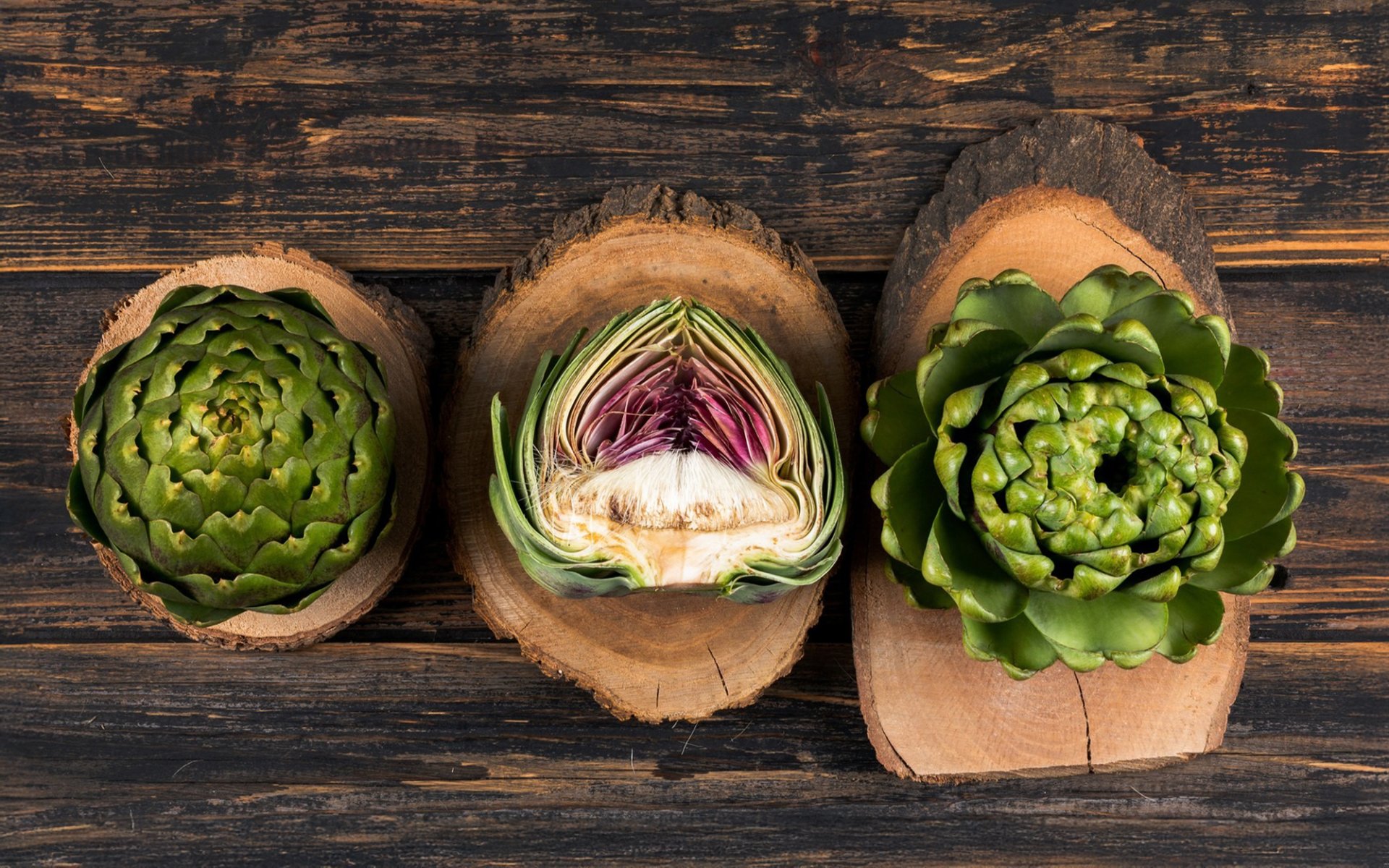Artichoke

If you're searching for a plant that combines beauty, nutritional value, and an intriguing history, look no further than Artichoke. This large, flower-like plant originated in the Mediterranean region. The most commonly consumed part is its unopened flower bud, which has a firm texture and a slightly bitter taste when raw, but develops a sweet, tender flavor when cooked. Today, Rimping Supermarket invites you to delve into the fascinating story of the artichoke.
Ancient Origins : From Medicinal Herb to Cultivated Crop
The history of the artichoke dates back to the Mediterranean region, where ancient Greeks and Romans were among the first to cultivate it for medicinal purposes. In those times, the wild artichoke was known as Cynara Cardunculus. Theophrastus, a Greek philosopher, even mentioned this plant in his writings as early as the 4th century BCE.
Journey to Italy and France: When Artichokes Became a Delicacy for the Elite
During the Middle Ages, artichokes began to be more widely cultivated in Europe. The Moors introduced artichokes to Spain, where they quickly became a staple food in Andalusia. By the 15th century, artichokes had made their way to Italy.
Later, in the 16th century, artichokes gained prominence in France when Catherine de Medici, an Italian noblewoman, married King Henry II of France. Upon moving there, she introduced artichokes, her favorite plant, to the French court. It rapidly became popular among the nobility and upper classes.
During the Italian Renaissance, artichokes were highly regarded for their perceived health benefits, believed to improve liver function and aid digestion. They were also considered an expensive and luxurious food, favored by the wealthy and aristocratic classes.
To the New World : The Artichoke of California
In the 19th century, Spanish and Italian immigrants brought artichokes to the Americas, where they quickly gained popularity, especially in California. California became the largest producer of artichokes in the country due to its ideal climate for cultivation. Furthermore, the small town of Castroville, California, even hosts an annual Artichoke Festival, earning it the title of Artichoke Center of the World.
In the mid-20th century, artichoke popularity surged in the United States, partly thanks to Marilyn Monroe. The American actress, singer, and model was crowned the first Artichoke Queen at the Castroville festival in 1948. This event further boosted artichoke's popularity, making it a key ingredient in various American dishes.
Artichokes in the Kitchen and for Health Benefits
Artichokes are renowned for their unique flavor. They have a slightly bitter taste when raw, but when cooked, they become sweet. They can be prepared in various ways, including boiling, steaming, and grilling. The edible parts are the unopened flower buds, often referred to as "artichoke hearts," which are the most tender and flavorful part.
Current research indicates that artichokes offer a wide range of health benefits. They are rich in antioxidants, fiber, and essential nutrients. They are known to help lower bad cholesterol (LDL) levels and increase good cholesterol (HDL) levels, aid digestion, and reduce bloating. Artichoke extracts are also widely used in various dietary supplements.
With their remarkable benefits and complex flavor, artichokes are an intriguing plant perfect for culinary creations and health enhancement.
You can find fresh artichokes or high-quality artichoke products at all Rimping Supermarket branches!


